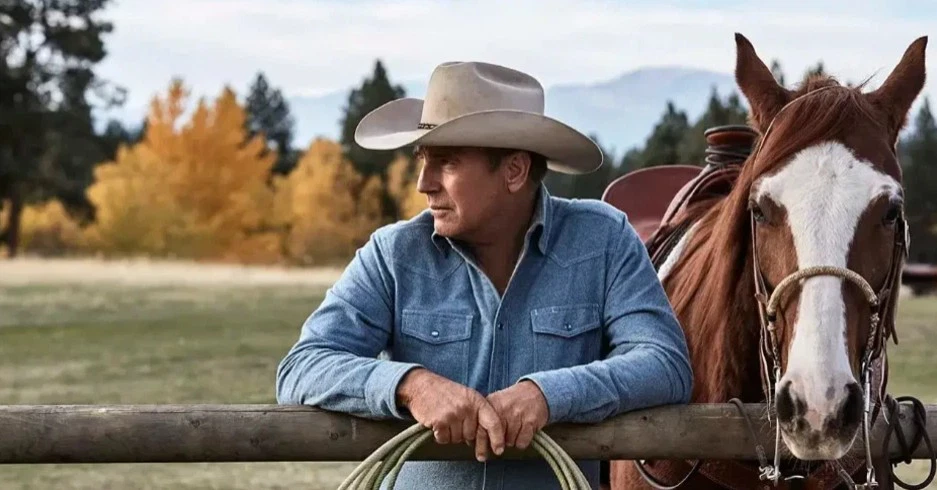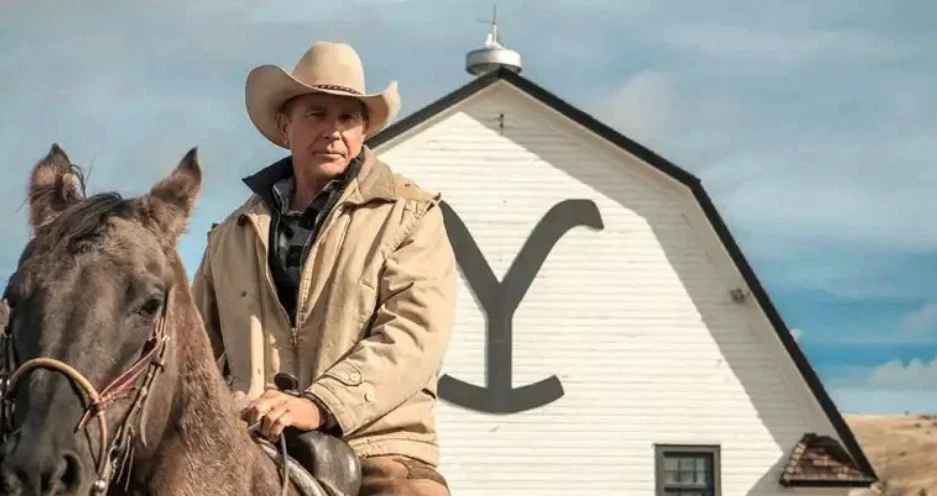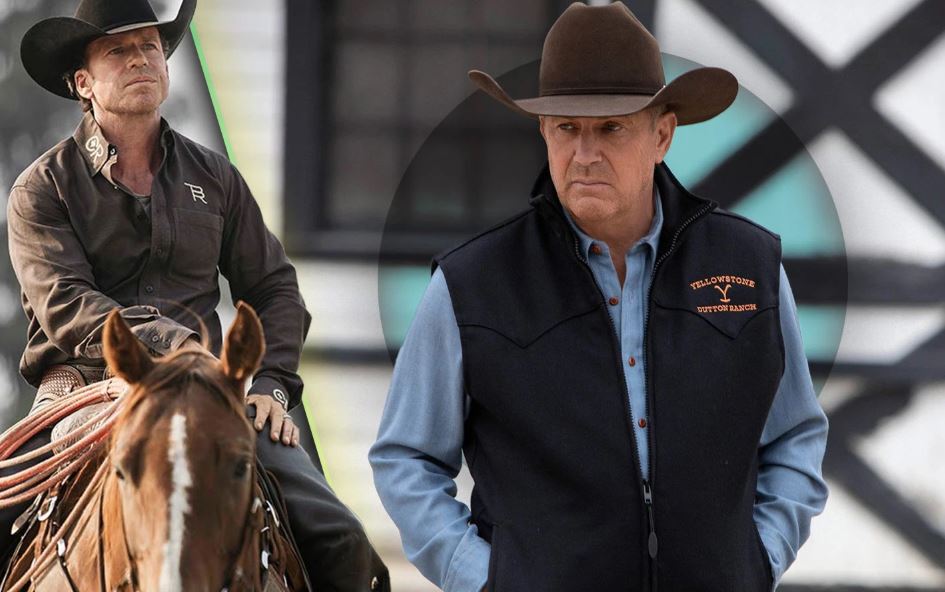In the vast, wild, and often unforgiving expanse of Yellowstone, where a man’s word is his bond and loyalty is tested by both the land and blood, Taylor Sheridan did something rather audacious. He wrote a character that wasn’t merely a protagonist but a symbolic figure of moral ambiguity. At the heart of this gritty, modern-day Western is Kevin Costner, who is no mere actor playing a role but the soul of Yellowstone itself.
There’s a certain magnetism about Costner. Maybe it’s his innate cowboy charm, the gravitas in his every line, or simply the fact that he’s the walking embodiment of the American ideal. But Sheridan saw in him something deeper, a vessel to explore the nuances of power, loyalty, and survival.
Taylor Sheridan’s cinematic vision: Kevin Costner anchors Yellowstone

When Taylor Sheridan conceptualized Yellowstone, he didn’t want it to be just another TV show about a ranch. He was clear that he wanted to treat it “like a movie.” From the aspect ratio to the lenses they used, Sheridan approached Yellowstone as a cinematic experience: a sweeping, sprawling tale set in the modern West, where power, legacy, and land are all inextricably linked.
Sheridan needed an actor who could not only anchor this epic saga but also bring depth to a character who was neither fully a good guy nor fully a bad guy. And he got Kevin Costner, who later called out Sheridan’s mistake, which he believes contributed to his decision to quit Yellowstone.
Costner, with his legacy as one of America’s most beloved actors, was the perfect choice to bring John Dutton to life. Sheridan’s writing and direction relied heavily on Costner’s inherent gravitas, knowing that he could bring the necessary complexity to the role. “Kevin’s one of the biggest movie stars of the past 40 years,” Sheridan remarked (via Variety), adding:
And so when you have that that kind of tool in your toolbox, you can write him into some really conflicting situations.
And when Sheridan talks about his vision for Dutton, you see how carefully crafted the character is. Sheridan explained:
It was the notion of a man who had inherited the seventh generation of this massive cattle ranch and reaching a place where he was aware of his own mortality, and who could he trust to shepherd this ranch into the next generation?
That’s exactly what Dutton does. He’s not just fighting for land; he’s fighting for the future of his family, his legacy. And Costner’s portrayal brings every ounce of that weight to the screen. Sheridan shared:
And when you have a piece of land as big as this is, it’s almost a kingdom. And so does that make you a king? Kings, they don’t employ morality when they’re making decisions. Their job is to preserve the kingdom.
But what makes Dutton so fascinating is the fact that he is willing to make morally questionable decisions to protect what’s his. He’s not some saint. He’s a man who, despite all his flaws, believes in his purpose, even when the world around him doesn’t.
Taylor Sheridan’s mastery: Crafting flawed heroes and complex morality in Yellowstone

What Taylor Sheridan does best, though, is delve into the complexities of morality. For him, it’s not about creating perfect heroes or dastardly villains. Instead, he offers us characters who are riddled with contradictions.
Dutton is a man who believes in family loyalty above all else, yet he’s willing to sacrifice everything—even his relationships with his children—for the survival of his ranch. In the same chat, Sheridan added:
I’ve always liked the notion of playing with who is a protagonist, and allowing our heroes to be flawed, and really question what they’re doing morally, ethically, and keep them really human.
John Dutton is the epitome of this moral gray area. Kevin Costner described Dutton as a man who’s been “pretty much a black-and-white guy for a long, long time.” But the modern world forces him to venture into shades of gray.
Ergo, Yellowstone isn’t just a show about land, cattle, or power struggles—it’s a deep dive into the American psyche, where the question of what it means to fight for something you love is constantly up for debate. Sheridan’s vision for the series allows the characters, especially Dutton, to explore the complexities of loyalty, family, and identity. As Sheridan poignantly stated:
You can love this place and still question things that take place here and scream about it, and I think that we’re supposed to. And so I think that Kevin’s work has always done that. I try to do that. And it’s screaming with love.
Costner’s portrayal of John Dutton, under Sheridan’s direction, became the beating heart of Yellowstone—a series that has redefined the portrayal of the modern-day cowboy and patriarch. And that, to us, is the true power of Yellowstone: its ability to make us question, to challenge our notions of right and wrong, and to find a kind of flawed humanity in every character we encounter.
